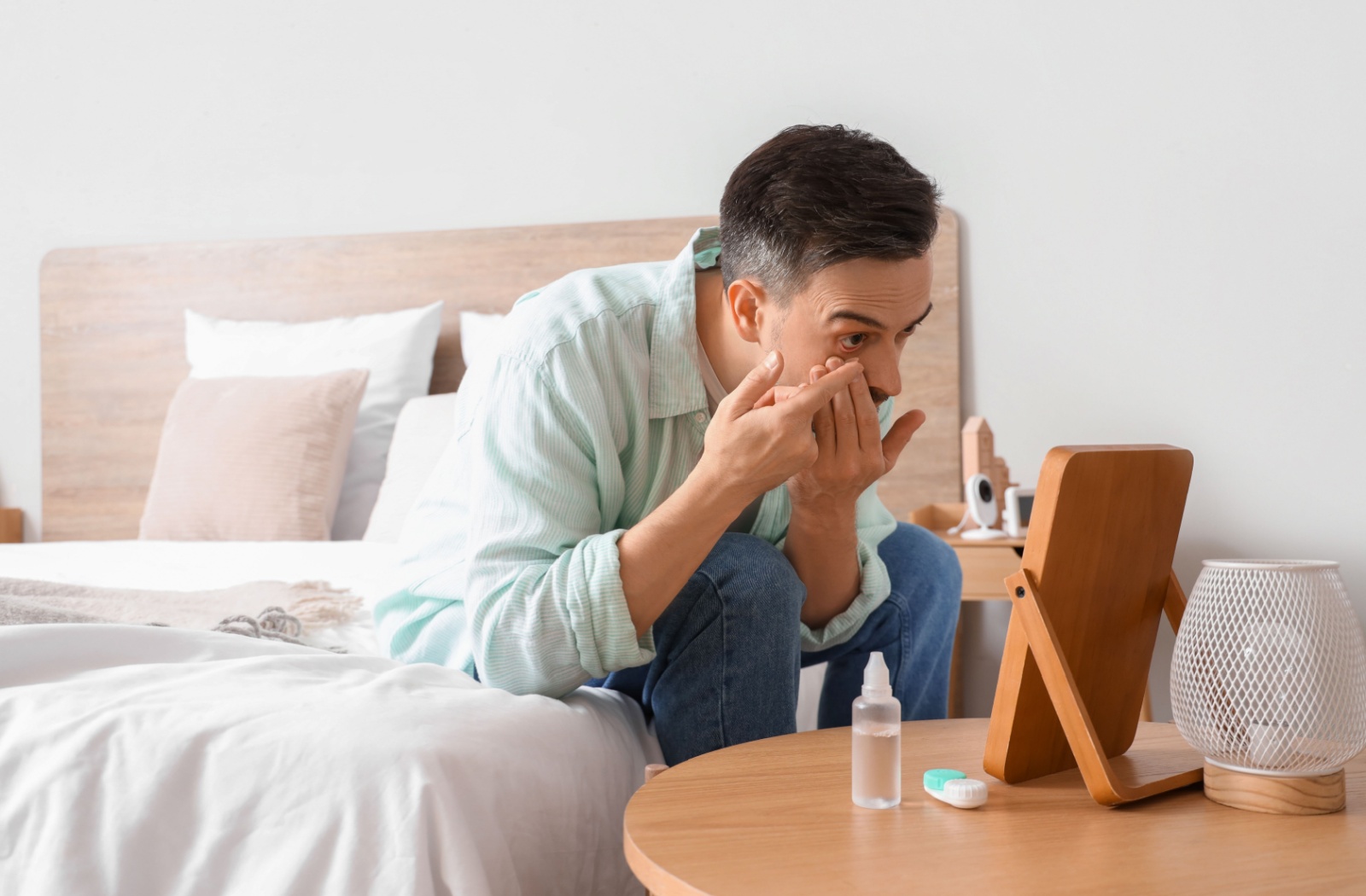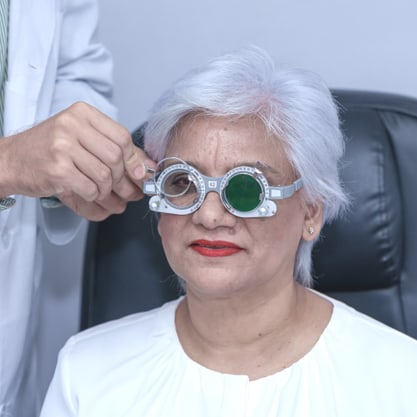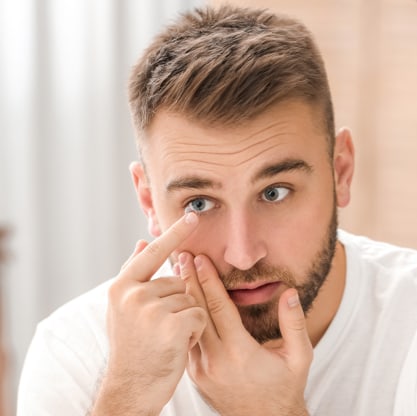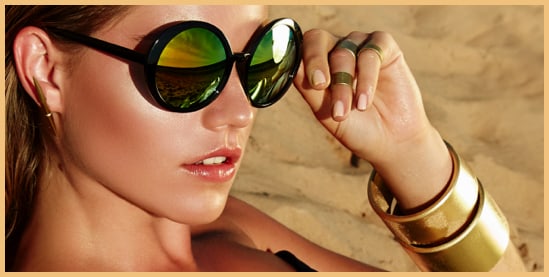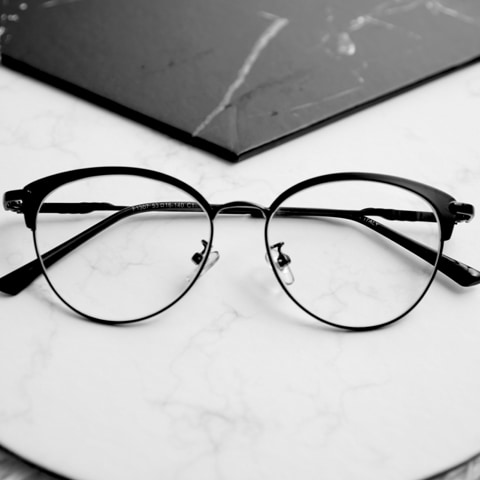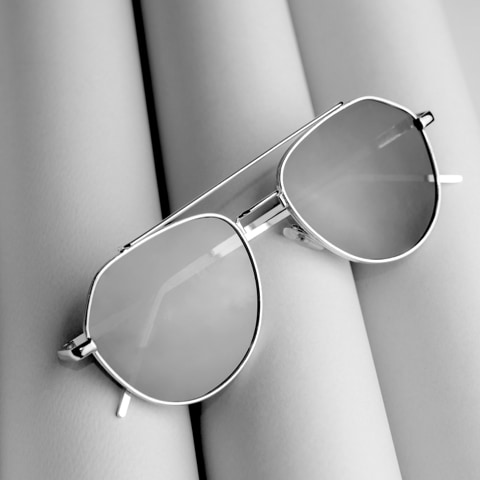A long day often ends with the temptation to head straight to bed—sometimes without removing your contact lenses. While it might feel harmless, leaving lenses in while you sleep can raise your risk of serious eye problems.
Even lenses labeled for overnight wear should be approached with caution. Contact lenses limit how much oxygen reaches the cornea. And when your eyes are closed during sleep, that oxygen supply drops even more. Without enough oxygen, your cornea becomes more vulnerable to damage, dryness, and infection.
Why Sleeping in Contact Lenses Puts Your Eye Health at Risk
Sleeping overnight with your contact lenses in isn’t as harmless as it may seem. Even though some modern contact lenses are highly breathable, they don’t allow as much oxygen to reach your corneas as the naked eye does.
When your eyes are closed during sleep, that oxygen supply decreases even further, which can lead to hypoxia (oxygen deprivation). But that’s not all—here are some additional risks to consider:
- Eye infections: Conditions like keratitis (inflammation of the cornea) become more likely, with research showing a 6–8 times higher risk when sleeping in contact lenses.
- Dry eyes: Contact lenses can absorb moisture. When they dry out, they draw hydration from your eyes, which may cause discomfort or dry eyes overnight.
- Bacteria and protein buildup: Contact lenses collect proteins from your tears, which is why daily cleaning is so important. If buildup isn’t removed, it can increase the risk of redness, swelling, and irritation.
- Corneal ulcers: Wearing contact lenses too long can lead to corneal ulcers. If left untreated, these may cause lasting vision damage.
Your eye health is worth the extra few seconds it takes to remove your lenses before bed.
How Long Can You Safely Wear Contact Lenses?
The length of time you can safely wear contact lenses depends on both the type of lenses and your individual eye health.
Daily disposable lenses should be worn once and discarded at the end of the day. Two-week lenses and monthly lenses are designed to be replaced on schedule—every two weeks or once a month, depending on the type. Do not keep them longer than their intended use, as this increases the risk of discomfort and infection. Extended-wear lenses are designed for longer use, but they still require caution. Even if your lenses are approved for overnight wear, think of that as a “when necessary” feature, not something to do regularly.
Whenever possible, remove your lenses for cleaning and give your eyes time to rest. Always follow your optometrist’s instructions, along with the manufacturer’s guidelines, to protect your vision and lower the risk of complications. When in doubt, give your eyes a break.
Is It Safe to Nap in Contact Lenses?
Sometimes a quick nap feels irresistible, but napping in contact lenses still carries some risk. While it may not be as harmful as sleeping overnight, your eyes experience the same reduced oxygen flow and the same increased chance of bacterial buildup, even during a short rest.
Before you nap, remove your lenses first. If you do end up napping with your lenses in by mistake, here are some steps to reduce potential problems afterward:
- Use preservative-free eye drops to hydrate your lenses and prevent irritation.
- Remove your lenses right after waking, especially if they feel dry or stuck. Avoid tugging—rehydrate your lenses with drops or blink to encourage natural tear flow.
- Take a lens-free day to give your eyes time to rest and recover.
- Watch for warning signs like redness, pain, blurry vision, or light sensitivity. If these symptoms appear, contact your optometrist promptly.
Being proactive about your eye health can make all the difference.
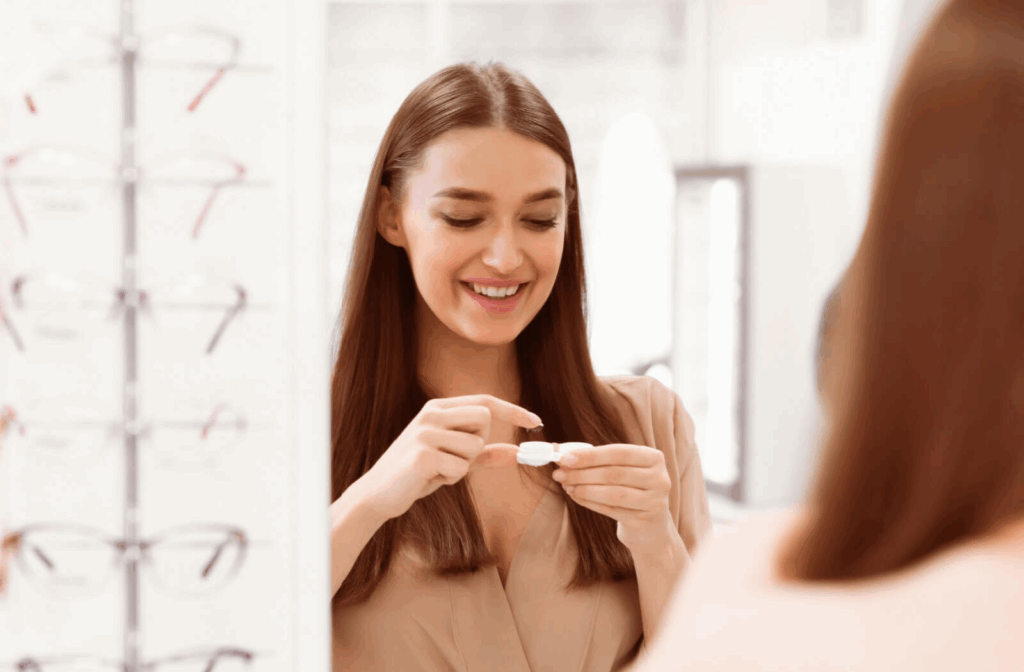
Tips for Safe and Comfortable Contact Lens Wear
Prevention is key when it comes to eye health. These practical tips can help you wear your contact lenses with confidence while keeping your eyes safe and comfortable.
Have Your Contact Lenses Fitted By An Optometrist
Not all lenses are right for everyone. Choosing between daily wear and extended wear can make a big difference for your eye health.
- Daily wear lenses are designed for single-day use and should never be reused or worn overnight.
- Extended-wear lenses are approved for overnight use (up to 7 or even 30 days), but they still carry higher risks compared to daily lenses. Ask your optometrist whether extended wear is a good fit for you.
- Other options include toric lenses, rigid lenses, soft lenses, and multifocal lenses, depending on your unique vision needs.
Maintain Proper Lens Hygiene
No matter what type of contact lenses you wear, proper hygiene helps prevent infection and discomfort:
- Wash your hands before handling lenses.
- Clean reusable lenses daily with the recommended solution.
- Replace lens cases every three months.
- Do not use expired contact lenses or contact lens solutions.
- Do not switch lens modalities (for example, daily disposables to biweekly or monthly lenses) without consulting your optometrist.
- Do not switch from one brand of contact lens solution to another without guidance from your optometrist.
Follow Your Optometrist’s Guidelines
Your optometrist will provide you with a wear schedule and other recommendations. Make sure to always follow these.
Take Breaks When Needed
Even if your lenses feel comfortable, switching to glasses occasionally can help prevent overwear and reduce dry eye symptoms.
Schedule Regular Eye Exams
Routine eye exams are important for checking that your lenses fit properly and that your eyes are healthy. Your optometrist can diagnose issues early and adjust your prescription or lens type when needed.
Protect Your Eyes with Safe Contact Lens Habits
Sleeping or napping in contact lenses may seem convenient, but the risks to your eye health outweigh the few seconds saved at bedtime. From infections and dryness to long-term complications, proper lens care is essential for protecting your vision.
At Sage Eyecare, we’re here to help you enjoy clear, comfortable sight safely. Book an appointment with us to review your contact lens routine, explore lens options that suit your lifestyle, and help your eyes stay healthy for years to come.


